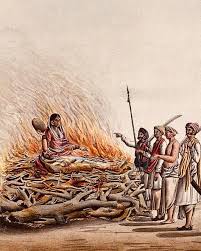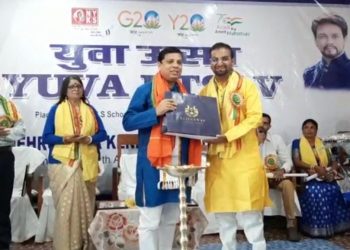Agartala: The very concept of hijras and other transgenders in India is not a new concept, they have been recognized in our ancient history as well as.
Transgender people in India have been in the limelight ever since the Supreme Court officially granted them the “third gender” category.The Indian Supreme Court ruled in 2014 to create a third gender category called “Hijra” which would be inclusive of gender nonconforming and transgender individuals. After this the people in this category were legally categorized as an “other Backward Class” or OBC. Now if we talk about the types of transgender, in India the Supreme Court recognized in April 14 Hijras, transgender people, eunuchs and intersex people as a “third gender” in law.
Eunuch: A person who is born male but is emasculated or castrated. If castrated takes place at an early age, as is often the case, it can have major hormonal consequences. A eunuch can also refer to an intersex person whose genitals are ambiguously male like at birth.
Hijra: According to the judgement, hijras are biological males who reject their masculine identity and identify either as women or not men or in between man and woman or neither man or nor woman.
These people are shunned by family and society like. They have restricted access to education, health services and public spaces. Till recently, they were excluded from effectively participating in social and culture life. Politics and decision-making processes have been out of their reach. They have difficulty in exercising their basic civil rights. There are loads of reports of harassment, violence, denial of services and unfair treatment against them has come to light. They are also treated badly by the police and are prone to struggle for social justice. They even thrown out of their own homes and not accepted by their own families or they escape from their houses due to abusive relationships. Because of which they don’t have a shelter or place they can call home.
These problems include social exclusion, marginalization, lack of education and workplace opportunities, verbal abuse, sexual harassment, mental issues, extreme poverty, violence, victim of hate crimes. Our country has passed an act (Transgender Protection Act) that aims at protecting their rights and they are not subjected to any kind of discrimination in healthcare, education and employment. Our responsibility as civilians is to treat them equally and give them equal respect as any other gender.


















